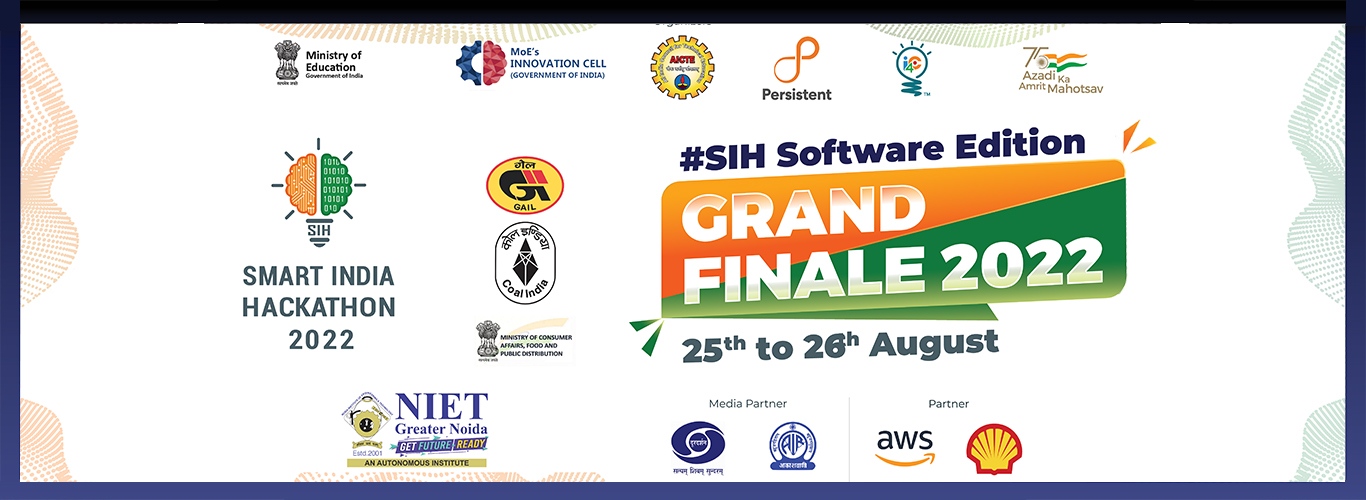At present Technical education is at a turning point. The knowledge industry now expects that in addition to the core topics of computer science its graduates should also develop an inherent capacity for liberal arts, an innovative mindset, ethical issues, life values and sustainability. The knowledge is not just confined to one domain; it is stretching its boundaries and has become interdisciplinary. India’s leading IT Service and Consulting Company – TCS with a few top engineering institutes of the country, is offering a four year specialized B.Tech course titled “Computer Science and Business Systems” (CSBS) to cater to the rising need of engineering talent with skills in technology. This state-of-art course aims to impart knowledge of cutting-edge technologies and business skills with hands-on exposure to make students industry-ready.
Emerging technologies like cyber security, machine learning, cloud computing, IoT and others must be an additional part of the curriculum to facilitate students be future-ready. In coming years the digital devices and information services brought to homes, businesses, institutions and individuals will experience huge growth. Also, we will observe increasingly deep, intellectual partnerships between computer science & engineering and other disciplines – from astronomy to zoology, with sociology, psychology and business acumen in between. The result will be a transformation of most disciplines including computer science and the journey has already begun.
A 2017 study by AICTE found that 60% out of the 8 lac Indian engineers, who graduate annually, remain unemployed. The same report also stated that 39% of employers were faced with the challenge of finding quality talent; representing the enormous gap that exists between skills and employability.
Need of Business Engineers
The need of the age is ‘business engineers’, a breed of engineering talent tuned to the needs of business. Apart from appreciating the technologies of the future – analytics, cognitive and machine learning topics – these graduates now need to understand concepts of business management as well, and have the ‘innovation’ mindset, to be considered as quality talent.
It was in this context that TCS Academic Interface Program (AIP) took the lead to design a B. Tech program in ‘Computer Science and Business Systems’, resulting in a program that will cover in 4 years what earlier students took 6 to 7 years across two different programs to learn.
The four-year B.E. /B. Tech course has already been launched at three reputed institutes across India (one each from East, West and Southern part of India) in the academic year 2018-19. Students have already enrolled and the academia has been trained by TCS to start the program.
It’s heartening that B.Tech in computer science and Business System (CSBS)—has been approved by AICTE and is available on in few top institutes of the country.
Through this program, TCS in partnership with leading Engineering colleges in India endeavors to help students get a core understanding of Contemporary Technology and Technology Abstraction, along with knowledge of common Business Principles & discipline. The elements of Design Thinking, Value Science and Innovation & Entrepreneurship, included in the curriculum will be of immense value in overall student development.
With a “Default is Digital” mindset and roadmap – the workforce revolution has begun! Good luck to the aspiring workforce of the future!
About the Programme
The Computer Science with Business Applications major is designed to provide students with a broad background in science and humanities and to provide an understanding of fundamental principles of computing and modern computing technology. It prepares the student for professional work with computer systems and business environments.
TCS (India’s largest software giant) supported B.Tech Computer Science and Business Systems (CSBS) program aims to enhance the relevance of the computer Science program in India to meet the future demands of the IT industry whose site is quickly changing in the era of Business 4.0.
The curriculum is designed to ensure that students should get better exposure to emerging subjects such as Analytics, Deep learning, Machine Learning, Cloud Computing, and Internet of Things and Design thinking and also to develop an equal interest and appreciation towards humanity, value added science and other interrelated topics. The students graduating from this program will be in high demand by the industries and will be productive.
To address the growing need of engineering talent with skills in digital technology, TCS, in partnership with leading academicians across India, has designed a 4 years undergraduate programme on Computer Science titled “Computer Science and Business Systems (CSBS). This course curriculum is designed based on the suggestions given by the TCS, which benefits the students in enhancing their employability skills by making them capable of using the latest computer technology in developing a business management system. The objectives of this course are to cultivate students in Understanding of Contemporary Technology, Understanding of Technology Abstraction, Knowledge of Common Business Principles and Innovation Ability, and Strong in Ethics and Life Value.
The students are exposed to learn the recent trends such as Computational Statistics, Software Development Models, Design Thinking, Cognitive Science & Analytics, Machine Learning, Financial Management, Services Science & Service Operational Management, Marketing Research, and Marketing Management.
Career Prospects
This course will provide industry-ready and employable engineers who can drive innovation and add value to the organization they work for as well as to the nation in the era of Business 4.0. Students can get placement in the product-based companies and service-based companies. The students have career opportunities in Government and Private sectors, Bank and Health Insurance sector, Manufacturing sector, financial sector, Business Analysis, and Marketing sector.
The course focuses on enhancing the following key attributes among graduating students:
-
Understanding of Contemporary Technology
-
Understanding of Technology Abstraction
-
Knowledge of Common Business Principles
-
Business Discipline and Service Orientation
-
Innovation Ability
-
Strong Human Ethics and Life Values
Key Objectives:
-
Learning Common Business Principles
-
Exploring Business Discipline and Service Orientation
-
Innovative Ability
-
Strong Human Ethics and Values
-
Understanding Technology Abstraction
Highlights
-
The curriculum is designed by faculty members closely working with eminent professionals from TCS and Academia and is approved by AICTE
-
Industrial Training & live projects supported by TCS
-
Dedicated faculty members trained by TCS to deliver the program
-
High standard of teaching, learning and evaluation processes monitored by TCS
-
Active mentoring by Experts from TCS
The main goal of this course is to make sure that the students not only know the core topics of Computer Science but also develop an equal understanding of humanities, human values and management sciences. The students also get good industrial exposure to emerging topics such a Analytics, Machine Learning, Cloud Computing, Internet of Things etc. The degree in Computer Science and business systems like any Computer Science degree prepares you to take the jobs in the IT sector.
Possible Careers
-
Software Developer
-
Database Administrator
-
Computer Hardware Engineer
-
Computer Systems Analyst
-
Computer Network Architect
-
Web Developer
-
Information Security Analyst
By taking up this course one embarks on a journey to prepare for a life in the real world, to build a career. This course along with the technical knowledge offers you the skills and values that you need to adapt to the demands of the outside world and lead a successful life, whether you choose to be in the corporate sector or pursue a different path in life. There’s a mounting need to align technical education with the requirements of the existing corporate environment, and the B.Tech (CSBS) is the right step in that direction.
Also Read About:
Top Placement B.Tech Colleges in Delhi






